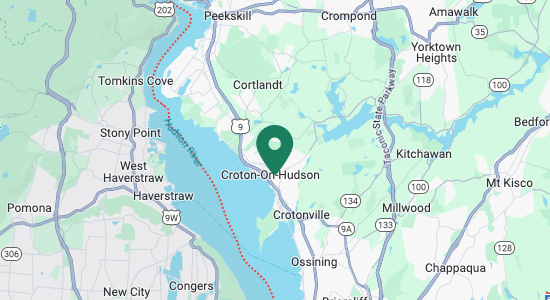Tickets Since 1990
Police Agencies and the Roadside Stop
The Traffic Stop looks quite different, depending on which side you are on.
A police officer never runs a “speed trap”, and most take offense at the term. He or she is “working a detail” if specifically assigned to traffic enforcement that day. Often, if you drive like a real idiot, the cell phone will be your undoing, as the person you just cut off will call the cops. A short message will go out over the dispatch channel and a few others on the car-to-car channel, as the police in the area try to co-ordinate a (your) traffic stop. (This is known as “you can outrun the Mopar, but you can’t outrun the Motorola).
No matter how you came to the officer’s attention, the traffic stop is the same. First, don’t act coy. If the lights go on, pull over. You can turn a simple traffic violation into a misdemeanor easily by missing this one.
The officer has one thought as he pulls you over: he doesn’t want to get hurt. When he pulls you over, he does not know if you are a perfectly honest citizen with a heavy foot or a third strike felon with a weapon. This dictates everything that happens in most stops. The police car with the lights on is supposed to scare you a bit. The bright lights give the officer a tactical advantage as they are at his back and illuminate the inside of your car. He will approach you over your left shoulder because he can see almost everything and you are weak at that angle if you were stupid enough to “try something”.
The officer will call in your plate and his location in most cases, before he leaves the car. He will watch you and your passengers for “furtive movements”. When he approaches, he will engage you in enough conversation to determine if you are drunk or sober. Once he gets your papers, normally he’ll go back to the safety of his car (roadsides are dangerous for all) and run your specifics. He will check out your car from time to time, looking for those “furtive movements”, which mean weapons or drugs in most cases.
If any other patrol cars, or even off duty cops with a radio pass, they will ask on the car-to-car channel if the cop is “all set” or equivalent. The cops may be spread out, but dispatch and the beat cops know where they are.
Once finding out your license is not suspended and that you are not wanted for any reason, normally he will then cite you for your offense (s). This is where your attitude comes in. If you were rude, there’s no mercy, and you’ll be cited for what you did. If you were polite, sometimes there will be a small “roadside reduction” or even a warning instead of a ticket. If you were very rude, then there will be several citations. I can often tell by the set of tickets presented how my client acted on the roadside. In States like Virginia where a ticket can be mortgage money expensive, you’ll want any “discretion” the cop has to be in your favor.
The officer will then, again being very observant, give you the ticket (s), and briefly engage you in conversation. He will then get back to his car as soon as possible.
That is what the officer is thinking.
The police car’s bright and flashing lights on his tail usually startle the motorist. Upset and anxious, he comes up with an instant story about “the bathroom”. The officer, in uniform (and the Smokey Bear hat is designed to make him look big) comes up to the car and addresses the motorist from the back, which is considered in normal situations, rude. He does not want to hear the “story”, and walks off. The motorist is now sitting there, heart racing, stifled in his “story”, and that rude Nazi Trooper has returned to his UFO with “my papers”. The motorist then imagines a worst case scenario, and comes up with a “better story” for when the cop returns. When the cop returns, and hands the citation, with a brief statement, the motorist is still very unhappy, as his “better story” is stifled as well.
After the police officer leaves, the motorist, still with an elevated heart rate, is fuming. Every internal concept of himself as a “law abiding citizen” is outraged…. How could that cop not listen to my story?!?!…Why is he picking on me! That bastard! (Or worse).
For most normal traffic stops, the police officer has made notes on the back of the ticket as to the particulars of the stop, and your attitude. He will have forgotten about you (usually) as soon as he’s back on the pavement at patrol speeds. Which leads us to the next part of our story…the Courthouse.






